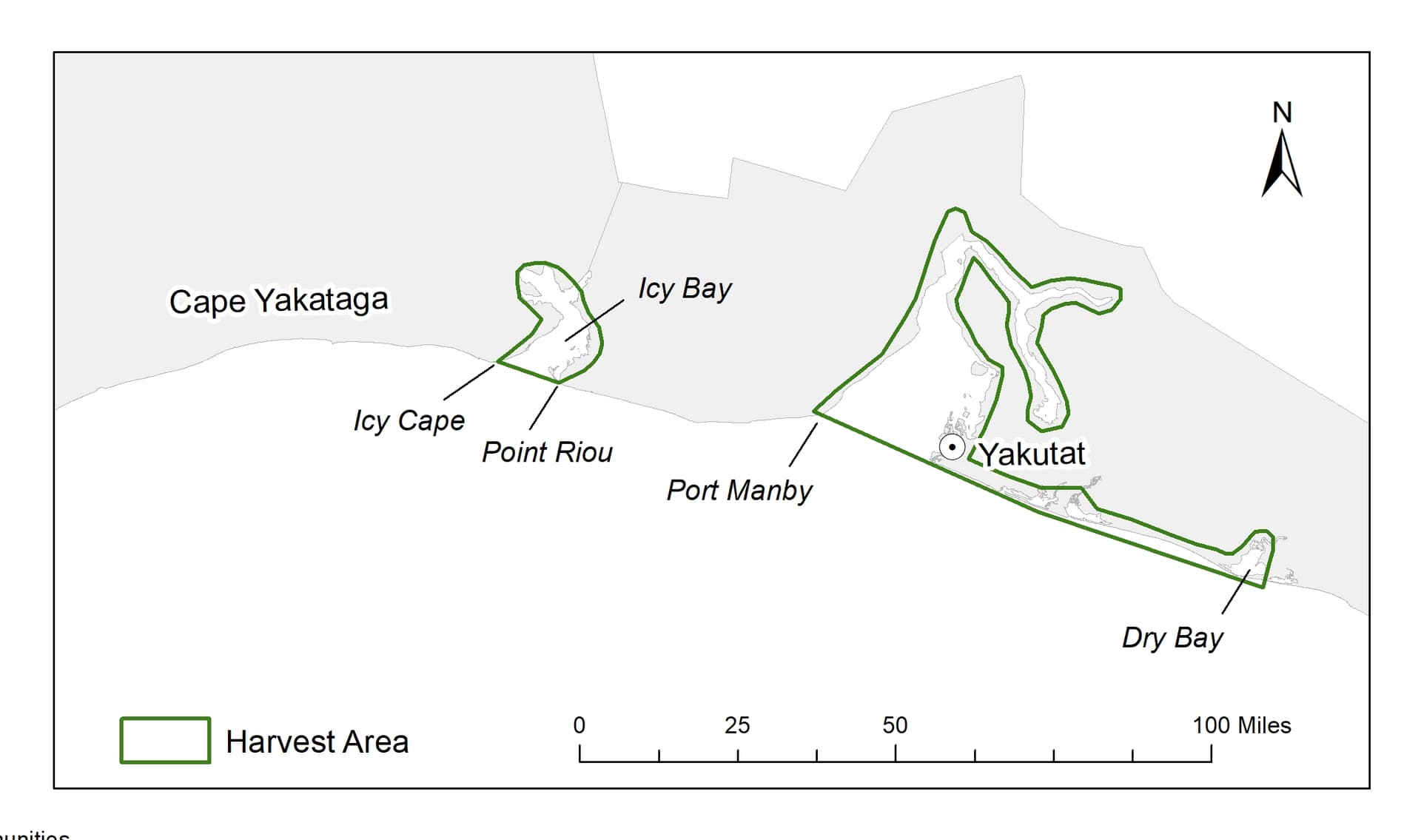Interior Rescinds NPR A Protections, Rekindles Arctic Leasing Debate
The Interior Department announced it will rescind 2024 protections for parts of the National Petroleum Reserve Alaska, removing a regulatory layer that had created large special areas to protect wildlife, subsistence resources and coastal habitat. The change affects how future leasing decisions will be made, and matters to North Slope Borough residents because it shifts the balance between local economic opportunity and long standing concerns about subsistence and coastal ecosystems.
Listen to Article
Click play to generate audio

The Interior Department move to roll back 2024 protections for parts of the National Petroleum Reserve Alaska was reported by the Associated Press on November 13, 2025. The Biden era rule had established large special areas intended to shield wildlife, subsistence resources and coastal habitat from future leasing pressures. The rescission strips that regulatory layer away for decisions about new leases, a change the department says restores its leasing mandate.
For North Slope Borough residents the decision has immediate political and economic resonance. Local leaders and regional organizations framed the action as a restoration of federal process and an opening for economic activity. North Slope Borough Mayor Josiah Patkotak described the change as, “a meaningful step toward restoring a federal process that respects local knowledge and leadership.” Voice of the Arctic Iñupiat also welcomed the repeal as supporting local economies, reflecting a view across some communities that more streamlined leasing could produce jobs and revenues tied to development.
Environmental groups voiced strong opposition, warning the reversal could undercut protections for Arctic ecosystems and for subsistence users who depend on predictable stewardship of land and sea. Earthjustice called the change short sighted and cautioned that removing the special area designations weakens the safeguards that had been intended to limit industrial impacts on coastal habitat and migratory species.
Officially the rescission does not alter existing contracts. The department clarified that current leases remain in place and the decision does not retroactively change projects that have already received approval. The Willow project and other existing permits are not affected by the new rule making. Instead the policy shift changes how the department will evaluate and authorize future lease sales within the reserve.
The move arrives amid a broader federal and state debate over Arctic development, resource management and energy policy. Proponents of the rollback frame it as aligning federal practice with statutory leasing obligations and with regional priorities for economic development. Critics argue that eliminating the special areas undermines protections local communities and conservation groups sought in the earlier rule.
For residents along the coast and in interior communities, the policy change will play out in concrete ways as future lease proposals surface. Questions about impacts on subsistence hunting and fishing, on coastal erosion, and on local employment opportunities will shape community responses. The coming months are likely to bring additional administrative actions and regional discussions as stakeholders weigh the practical implications of the change for life on the North Slope.


